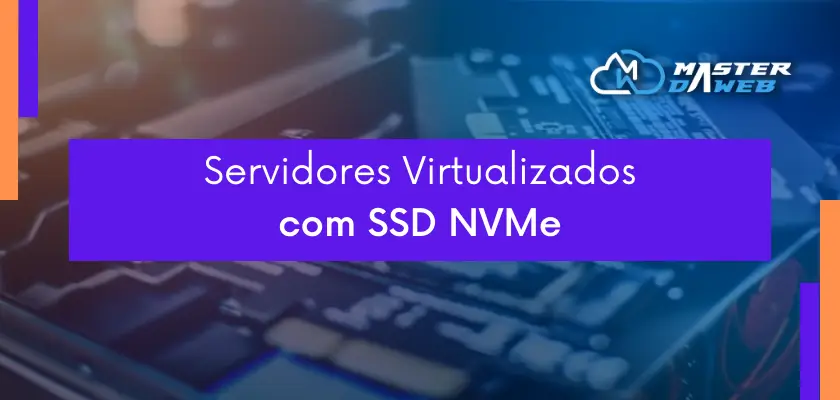The constant evolution of technology and the exponential growth of the Internet have brought to light the need for a more robust and scalable addressing system to accommodate billions of connected devices around the world. In this context, IPv6 (Internet Protocol version 6) stood out as the next generation of the IP protocol, bringing a series of improvements and features that make it fundamental for the future of the Internet.
Let’s explore some of its main applications:
1. expansion of the address space:
- It offers a much larger address space than IPv4. With 128 bits of address, it can accommodate an astronomical number of devices, which is crucial for the growing Internet of Things (IoT). This means that all devices, from smartphones and laptops to sensors and household appliances, can have unique IP addresses.

2. Native security support:
- IPv6 was designed with security in mind from the outset. It includes encryption and authentication features, making communications more secure by default. This is especially important in a world where cyber security is a priority.
3. Better QoS (Quality of Service):
- It provides native support for Quality of Service (QoS) features, allowing applications to prioritize traffic based on specific requirements. This is essential for streaming video services, VoIP and other latency-sensitive applications.
4. Efficient Multicast support:
- IPv6 improves multicast support, allowing efficient distribution of data to groups of devices. This is important for applications such as live broadcasts, web conferences and large-scale software updates.
5. Mobility:
- It facilitates the mobility of devices, allowing them to maintain connectivity while moving from one network to another. This is vital for mobile devices and for the seamless transition between different networks, such as Wi-Fi and cellular networks.
In short, it plays a critical role in enabling the next generation of Internet-connected services and devices. Its expanded address space, security support and advanced QoS features make it an indispensable choice for the evolution of Internet infrastructure and the delivery of reliable and secure services to users around the world. As more networks and devices adopt IPv6, it continues to play a vital role in shaping the future of the Internet.
See also our post on the advantages and disadvantages of using IPv6.
Master da Web, your Cloud solution! ☁️












